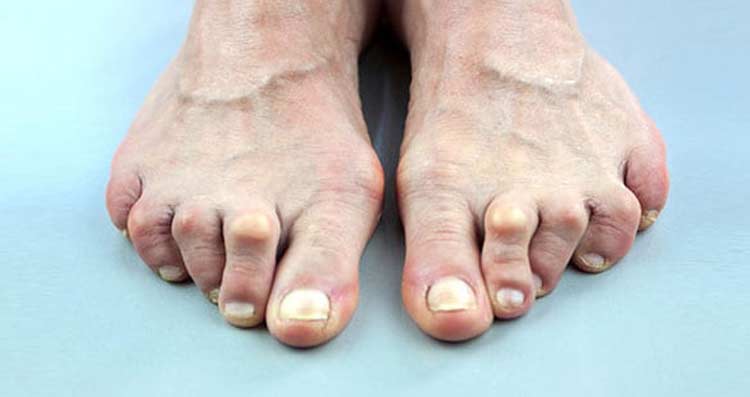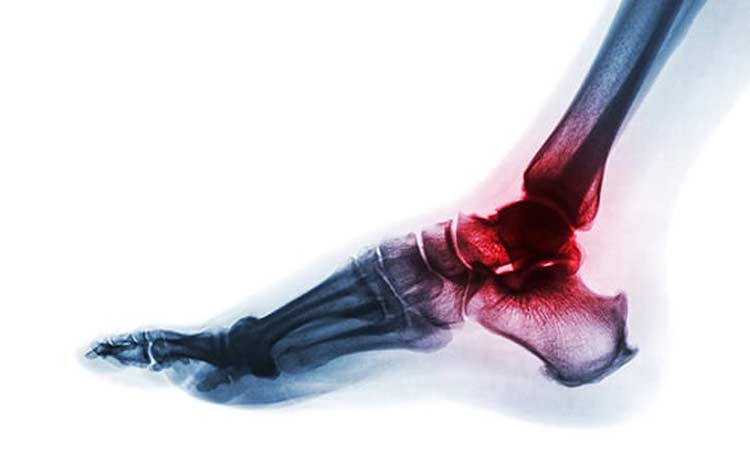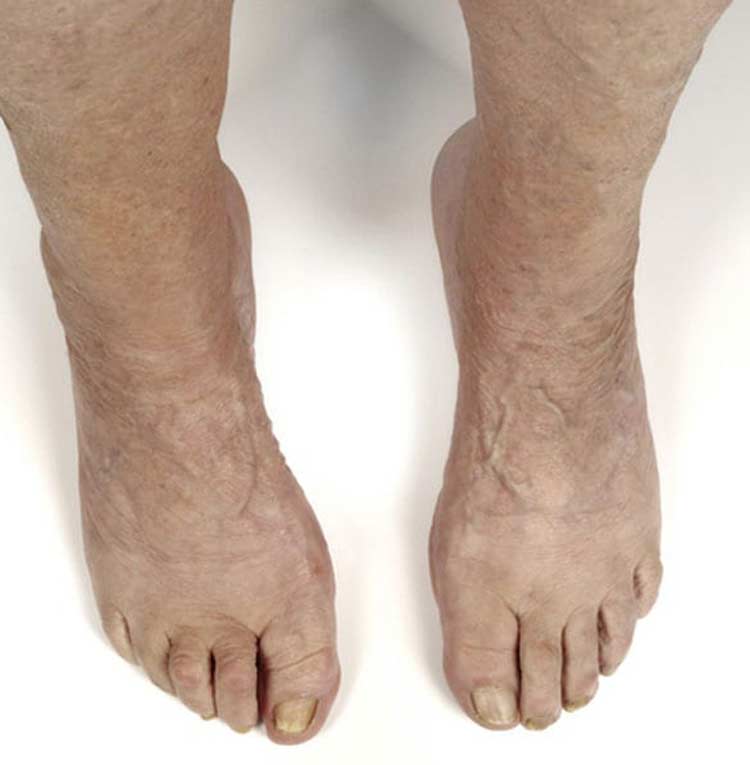
Discover how we can help you find relief from arthritis.
Affecting 23 percent of all adults in the United States, arthritis is an inflammation-based condition. There are more than a hundred specific types of arthritis that may affect joints and other parts of the body. The discomfort associated with arthritis can range from mild to severe. Joint pain and issues with mobility and flexibility may also become more noticeable and problematic over time.
- Arthritis is not usually a reversible condition.
- However, it iis possible to manage symptoms and take steps to reduce the risk of permanent joint damage.
What Causes Arthritis?
The most common types of arthritis are rheumatoid arthritis (RA), osteoarthritis (“wear and tear arthritis”), psoriatic arthritis, gout, and fibromyalgia. Each type of arthritis affects the body differently. Possible causes or contributing factors of arthritis also vary. Degenerative forms of arthritis such as osteoarthritis occur when the cartilage that covers the ends of bones slowly wears away. As joints lose strength, the resulting pain sometimes become chronic (lasting 3-4 months or more).
Inflammatory types of arthritis like RA and psoriatic arthritis occur when the immune system mistakenly attacks joints. The resulting uncontrolled inflammation may cause damage to other parts of the body, including internal organs. It’s believed that a combination of environmental and genetic factors contributes to inflammatory forms of arthritis.


A bacterial, viral, or fungal infection may contribute to the development of infectious arthritis. High levels of a substance called uric acid that’s produced from the breakdown of cells from consumed food may cause metabolic forms of arthritis such as gout. Arthritis is considered a rheumatic disease, which means there are different individual illnesses that are broadly classified as arthritis. All forms of arthritis may result in:
- Damage to joints
- Inflammation or irritation affecting muscles, tendons, and ligaments
- Issues with internal structures other than joints
Common Symptoms of Arthritis
Joint pain is the most common symptom associated with arthritis. Pain around joints usually starts off mild and may be accompanied by stiffness that can make it difficult for joints to retain a normal range of motion. Joint-related symptoms will depend on the particular joint affected.
Arthritis may also produce signs and symptoms that include warmth around joints, general weakness, loss of flexibility or the ability to move a joint without pain, and visible redness and tenderness around affected joints.
How Is It Diagnosed?
Diagnosing arthritis usually starts with a physical exam and includes a discussion of symptoms presented and a review of a patient’s medical history. Blood tests and image tests may also be done. Diagnosis often involves an assessment from a specialist. Their role in the diagnosis of arthritis is to perform more detailed tests to determine the type of arthritis a patient may have and whether or not there is related damage to joints and soft tissues.
What Are Treatment Options?
For infectious forms of arthritis, early treatment with antibiotics may prevent the condition from becoming chronic. With some forms of arthritis, a diet that includes healthy oils, green, leafy veggies, and foods like blueberries, tomatoes, and whole grains that naturally fight inflammation may be beneficial. With gout, shellfish and red meats should be avoided since this form of arthritis is diet-related. There’s research suggesting some supplements like ones made from curcumin (the main chemical in turmeric) might block inflammation-causing enzymes.
Some patients report relief from home remedies such as the application of heat or ice to the affected area or paraffin wax dips. Heart, in particular, relaxes muscles around inflamed joints. If arthritis affects parts of the spine and irritates nerves, epidural injections may ease pain. Sometimes, surgery may be necessary. Treatment or management or arthritis symptoms may also involve:
- Anti-inflammatory, pain, or immune-altering medications
- Water-based exercises
- Gentle stretching
- Surgery to repair damaged tissues or joints
- Artificial joint replacement
- Custom joints to support inflamed joints
Arthritis isn’t entirely preventable since it may be genetic or affected by underlying health issues. However, maintaining a healthy weight and strengthening core muscle groups may reduce the risk of developing common types of arthritis such as osteoarthritis. Quitting smoking and paying attention to eating habits can also increase the delivery of essential nutrients to tissues around joints to help manage discomfort related to rheumatoid arthritis. Early diagnosis and treatment of any type of arthritis often makes it easier to manage symptoms.

